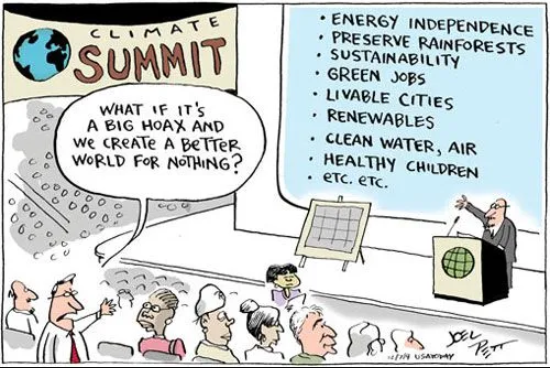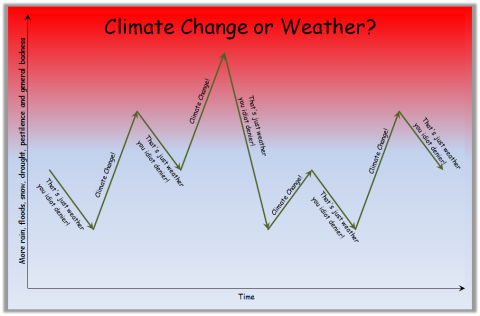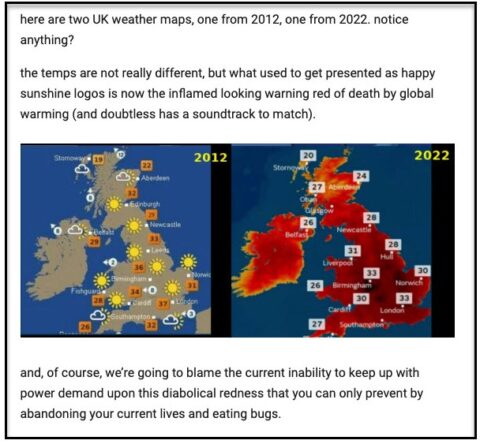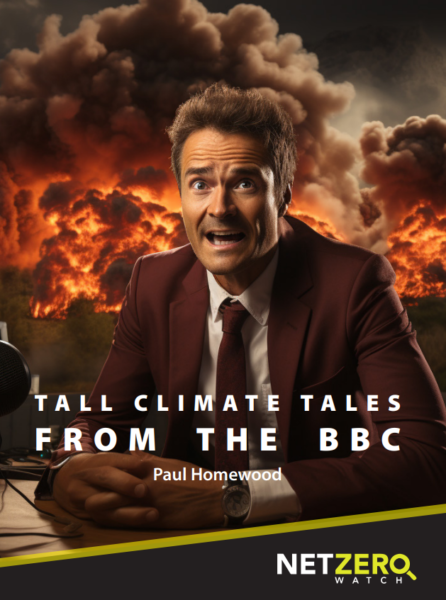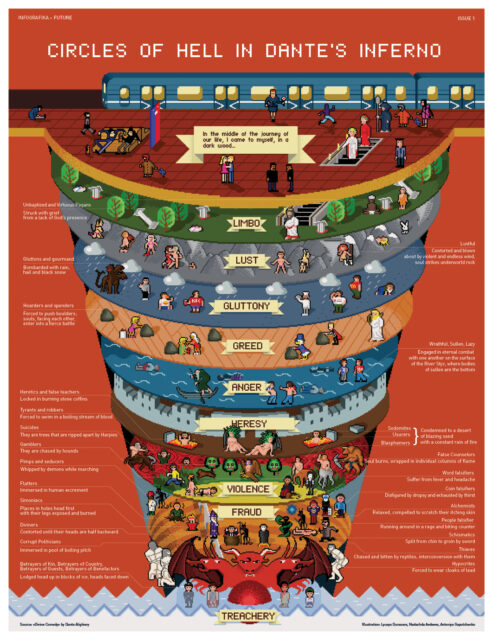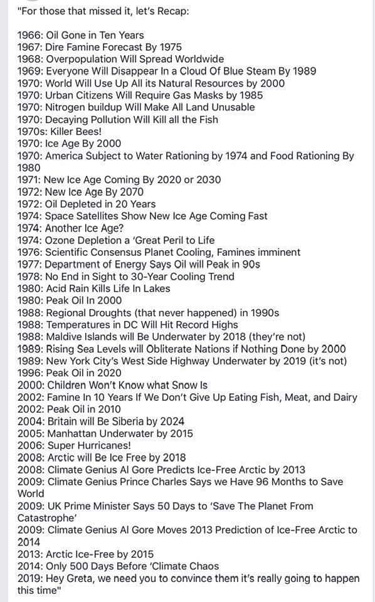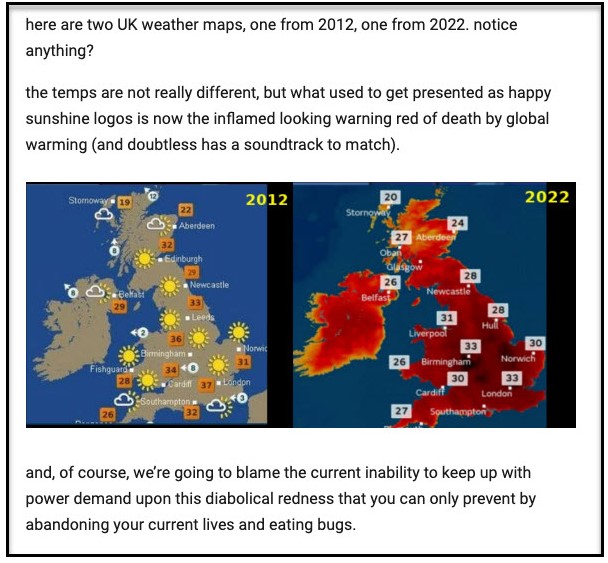David Friedman explains why few if any climate change activists would bother to do a proper cost-benefit analysis of the “solutions” they demand to address climate change:
From the standpoint of an economist, the logic of global warming is straightforward. There are costs to letting it happen, there are costs to preventing it, and by comparing the two we decide what, if anything, ought to be done. But many of the people supporting policies to reduce climate change do not see the question that way. What I see as costs, they see as benefits.
Reduced energy use is a cost if you approve of other people being able to do what they want, which includes choosing to live in the suburbs, drive cars instead of taking mass transit, heat or air condition their homes to what they find a comfortable temperature. It is a benefit if you believe that you know better than other people how they should live their lives, know that a European style inner city with a dense population, local stores, local jobs, mass transit instead of private cars, is a better, more human lifestyle than living in anonymous suburbs, commuting to work, knowing few of your neighbors. It is an attitude that I associate with an old song about little boxes made of ticky-tacky, houses the singer was confident that people shouldn’t be living in, occupied by people whose life style she disapproved of. A very arrogant, and very human, attitude.
There are least three obvious candidates for reducing global warming that do not require a reduction in energy use. One is nuclear power, a well established if currently somewhat expensive technology that produces no CO2 and can be expanded more or less without limit. One is natural gas, which produces considerably less carbon dioxide per unit of power than coal, for which it is the obvious substitute. Fracking has now sharply lowered the price of natural gas with the result that U.S. output of CO2 has fallen. The third and more speculative candidate is geoengineering, one or another of several approaches that have been suggested for cooling earth without reducing CO2 output.
One would expect that someone seriously worried about global warming would take an interest in all three alternatives. In each case there are arguments against as well as arguments for but someone who sees global warming as a serious, perhaps existential, problem ought to be biased in favor, inclined to look for arguments for, not arguments against.
That is not how people who campaign against global warming act. They are less likely than others, not more, to support nuclear power, to approve of fracking as a way of producing lots of cheap natural gas, or to be in favor of experiments to see whether one or another version of geoengineering will work. That makes little sense if they see a reduction in power consumption as a cost, quite a lot if they see it as a benefit.
[…]
The cartoon shown below, which gets posted to Facebook by people arguing for policies to reduce global warming, implies that they are policies they would be in favor of even if warming was not a problem. It apparently does not occur to them that that is a reason for others to distrust their claims about the perils of climate change.
Most would see the point in a commercial context, realize that the fact that someone is trying to sell you a used car is a good reason to be skeptical of his account of what good condition it is in. Most would recognize it in the political context, providing it was not their politics; many believe that criticism of CAGW is largely fueled by the self-interest of oil companies. It apparently does not occur to them that the same argument applies to them, that from the standpoint of the people they want to convince the cartoon is a reason to be more skeptical of their views, not less.1
That is an argument for skepticism of my views as well. Belief in the dangers of climate change provides arguments for policies, large scale government intervention in how people live their lives, that I, as a libertarian, disapprove of, giving me an incentive to believe that climate change is not very dangerous. That is a reason why people who read my writings on the subject should evaluate the arguments and evidence on their merits.
1. One commenter on my blog pointed at a revised version of the cartoon, designed to make the point by offering the same approach in a different context.

